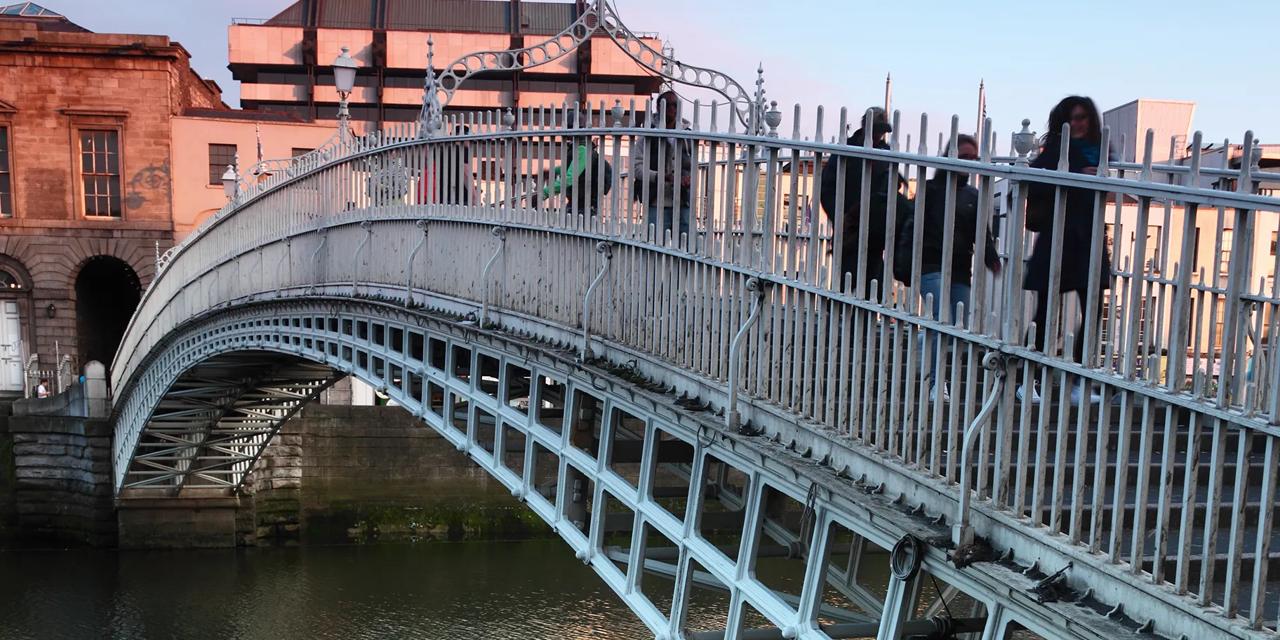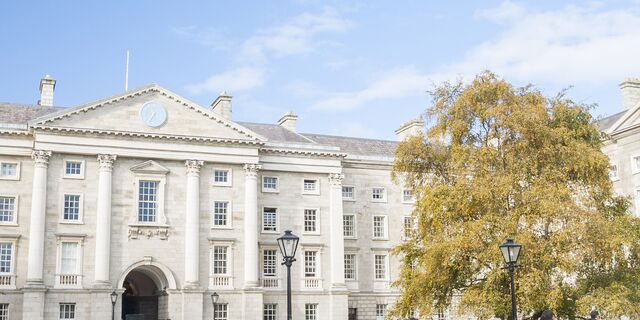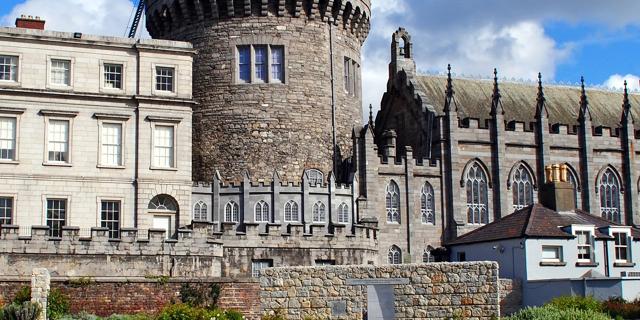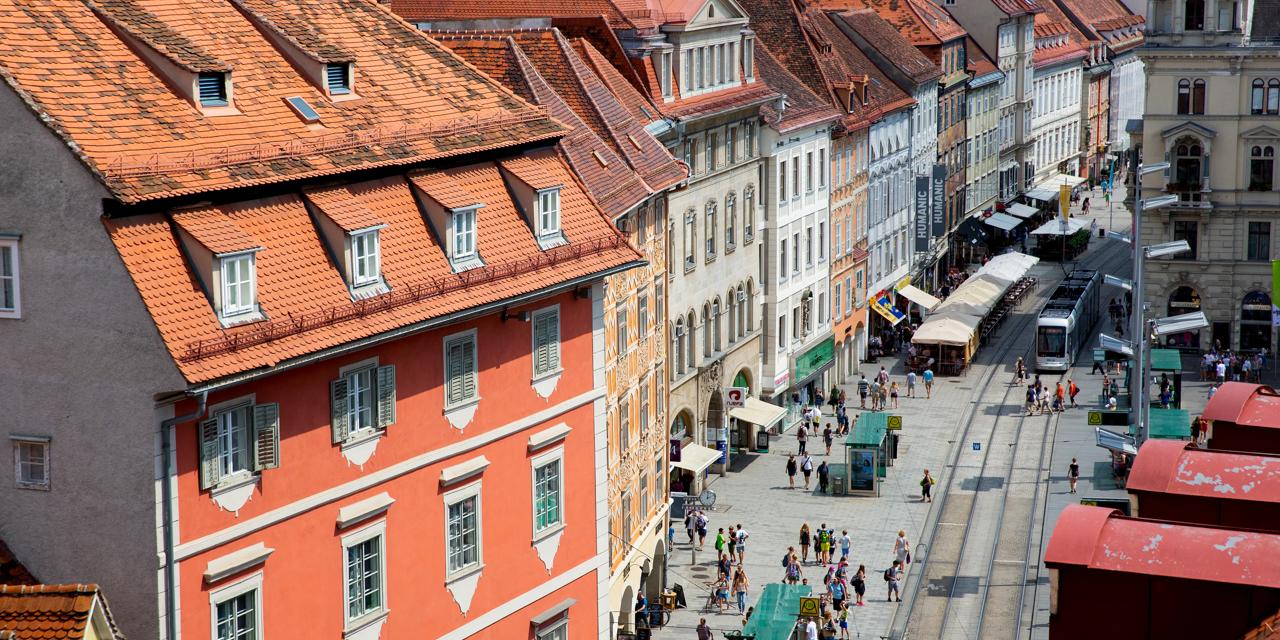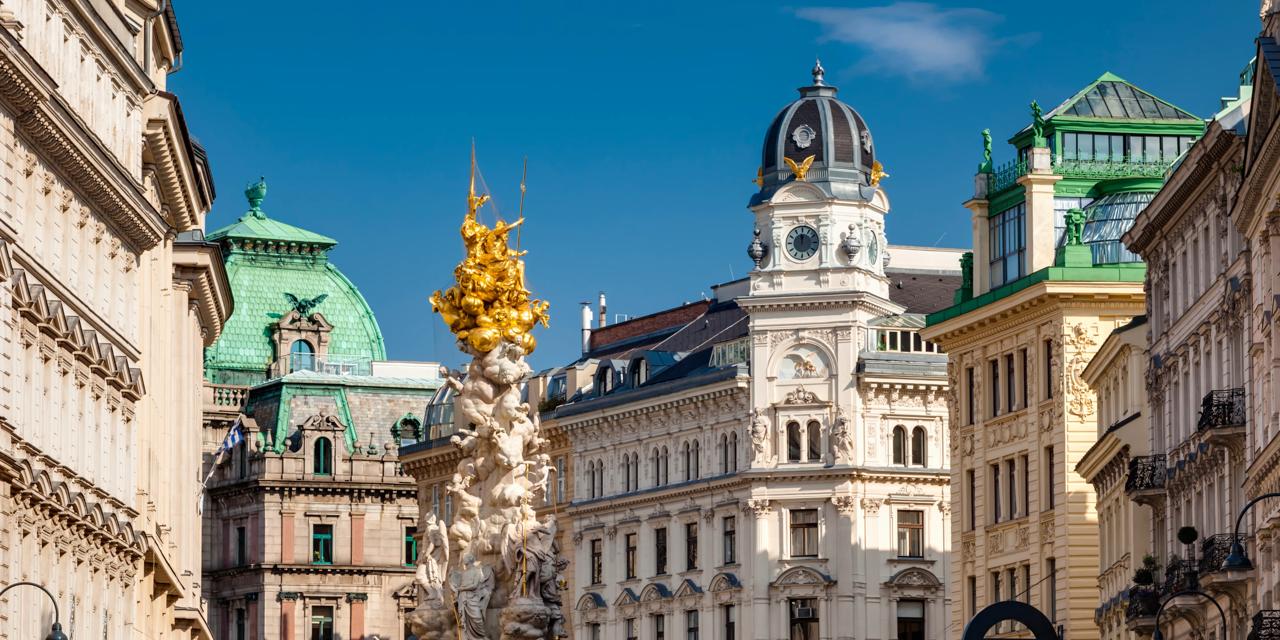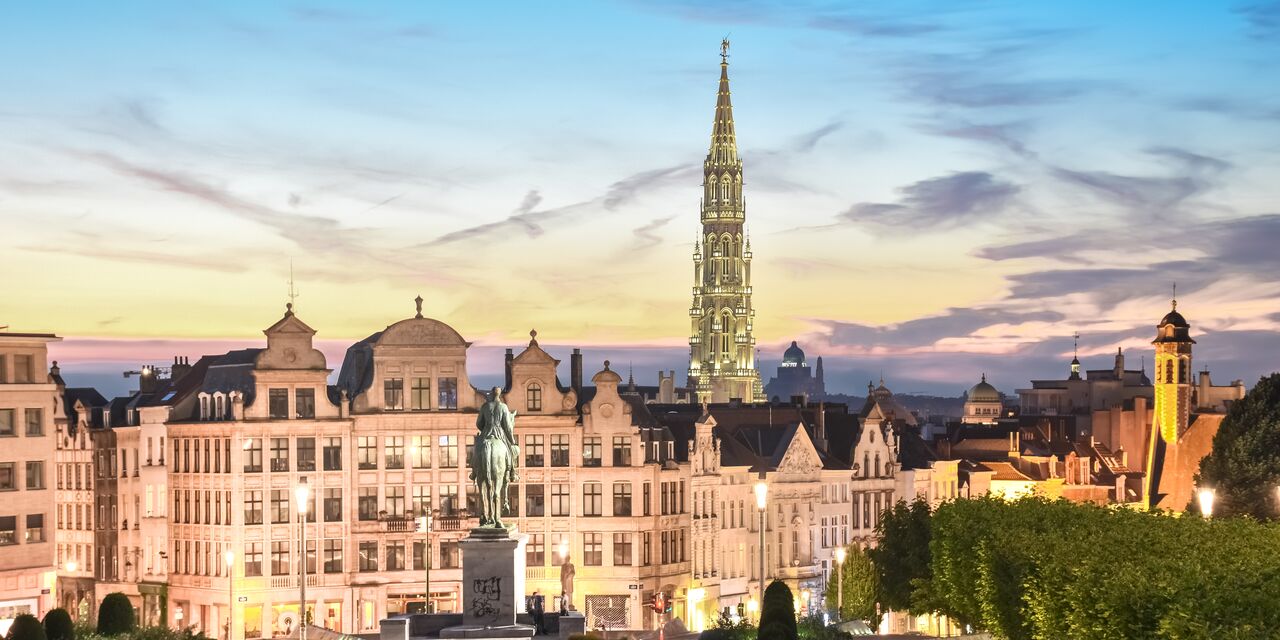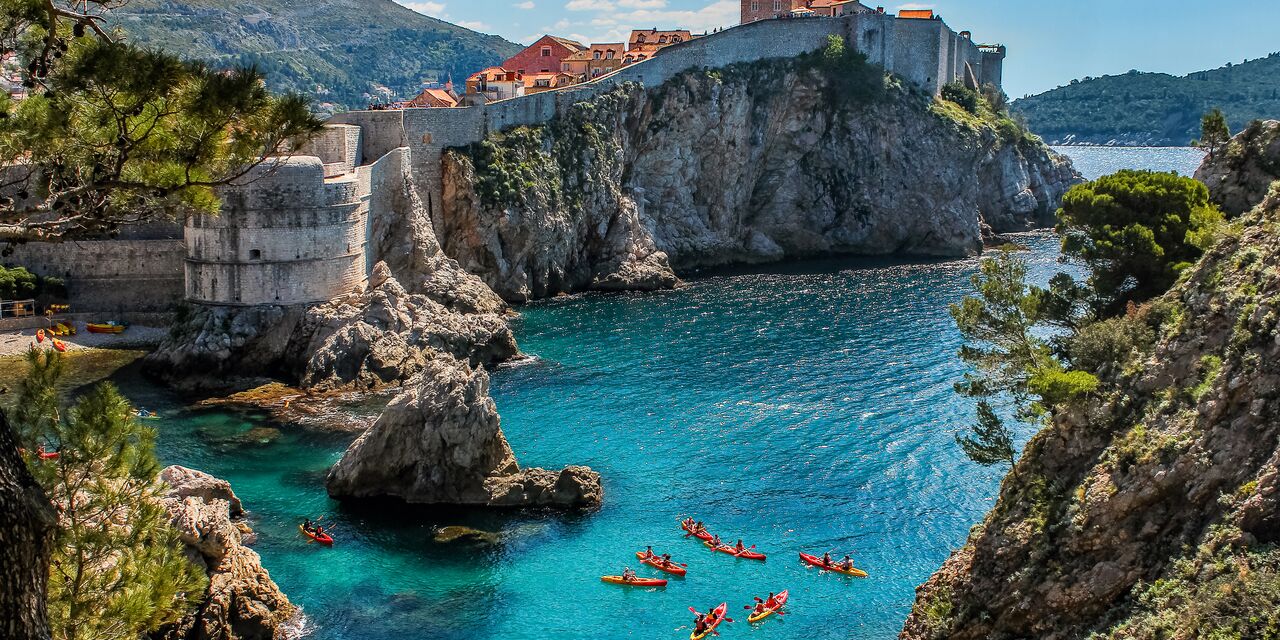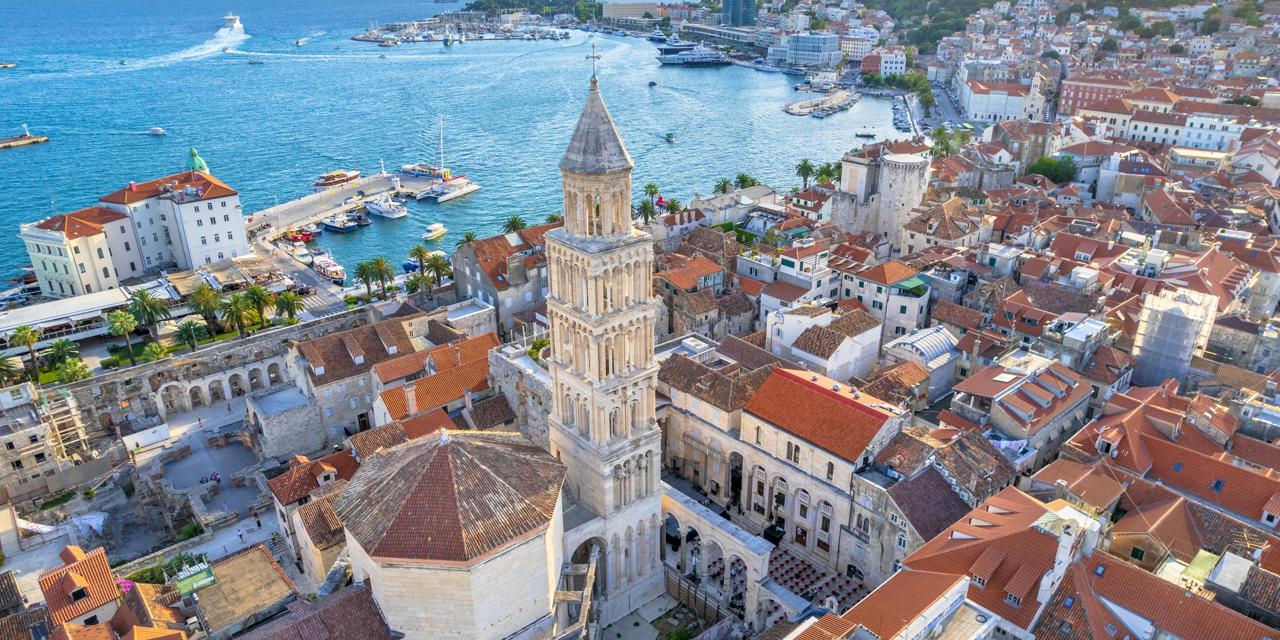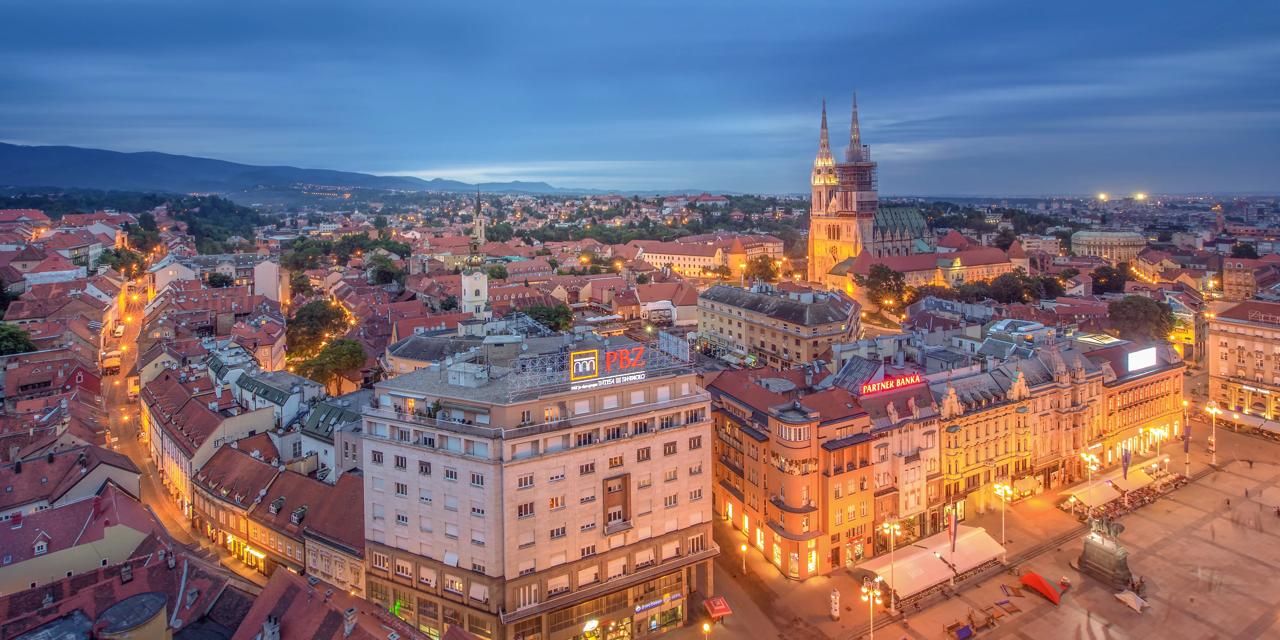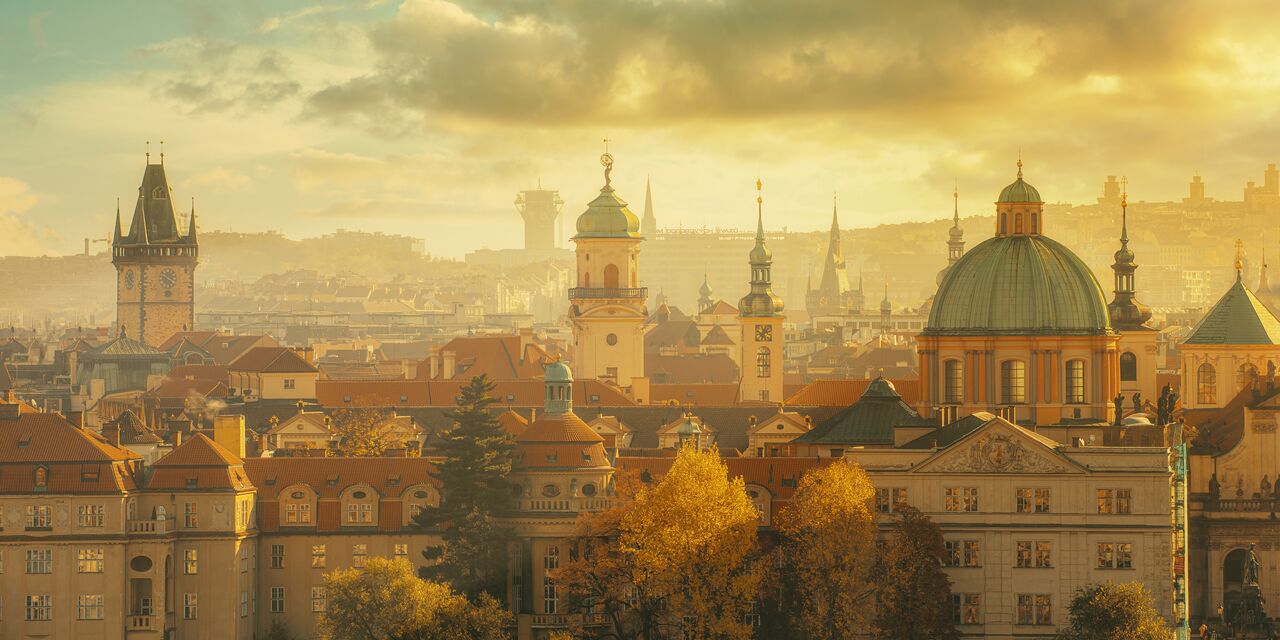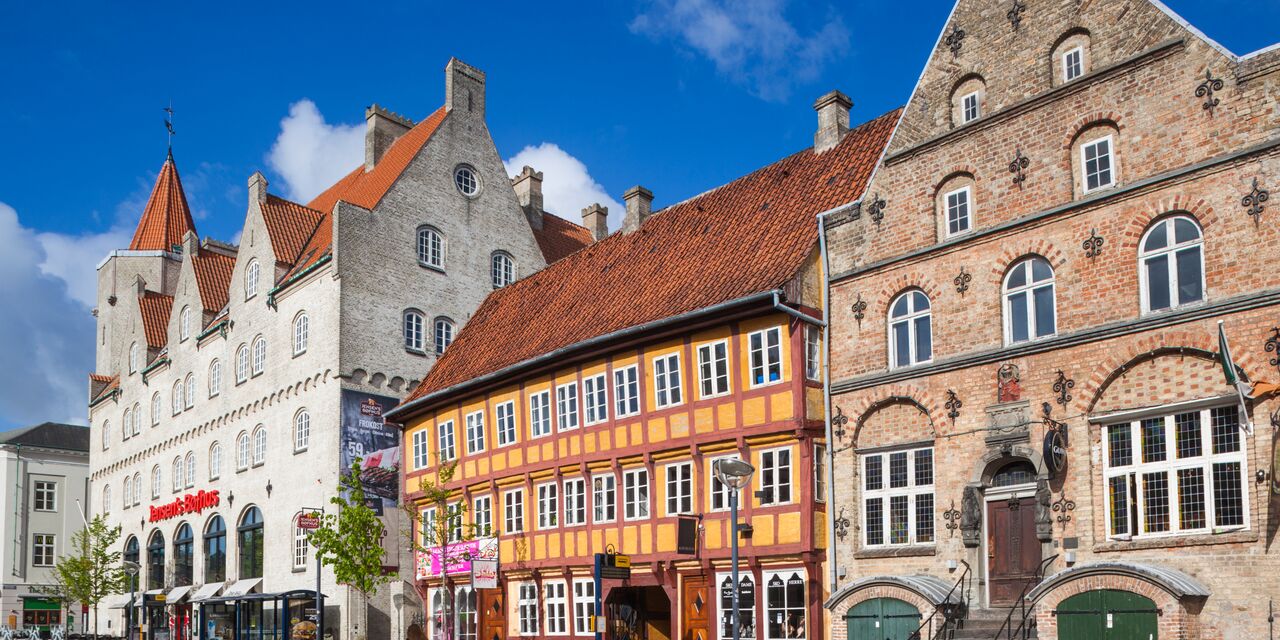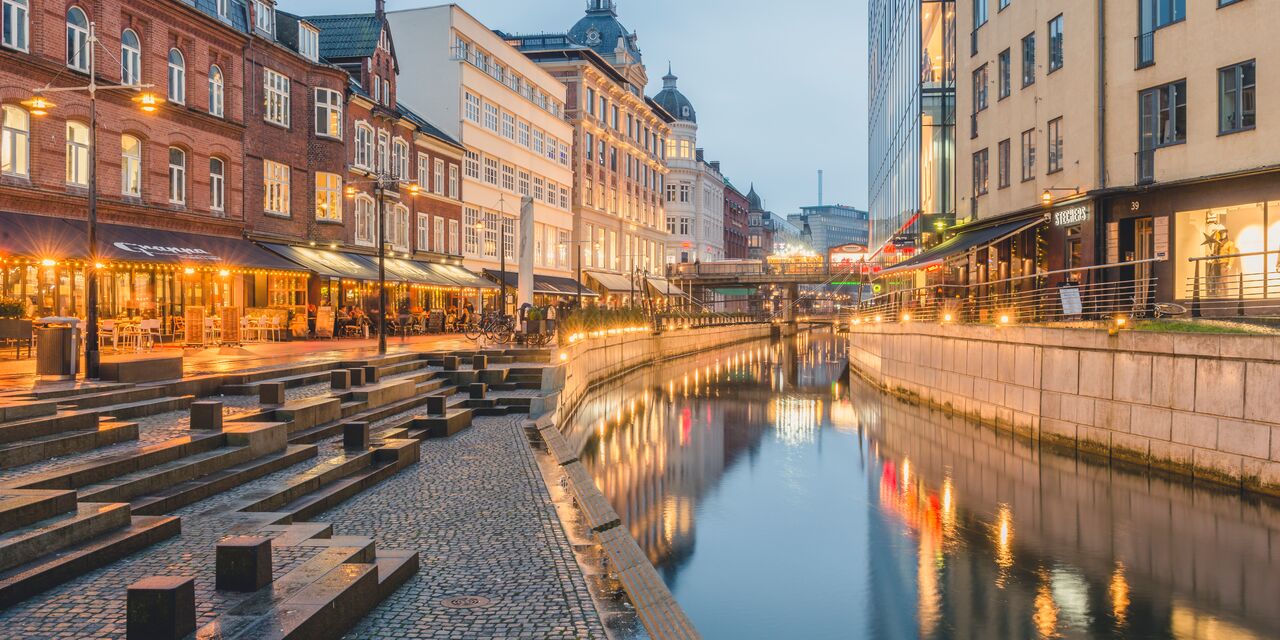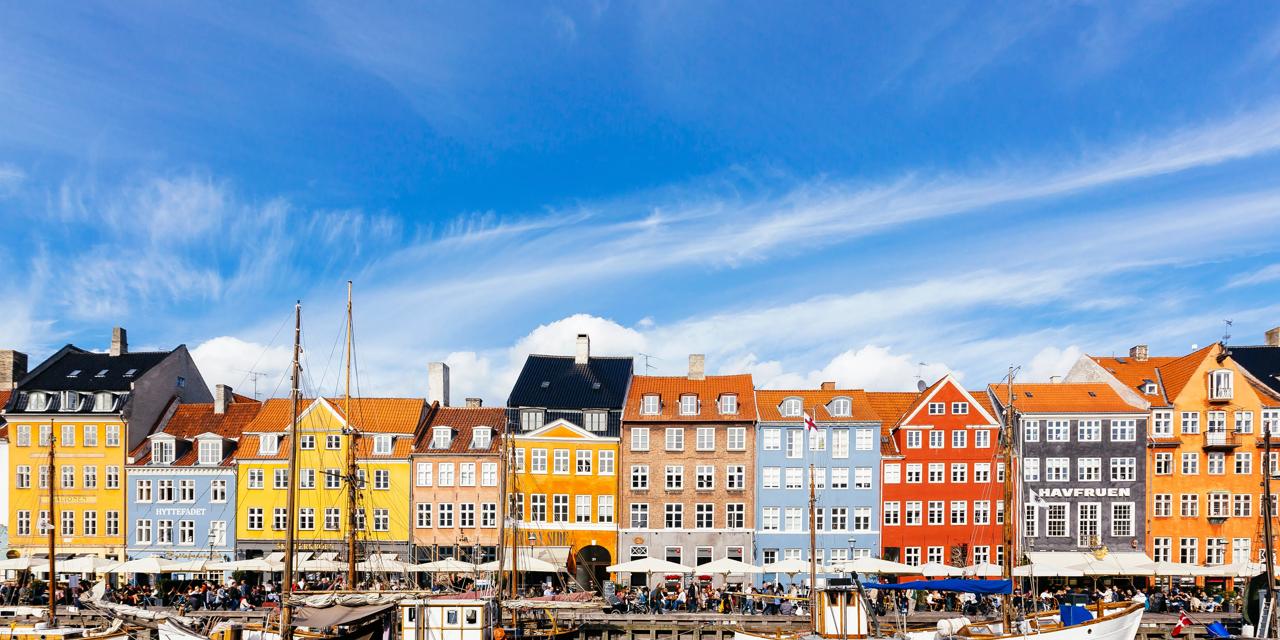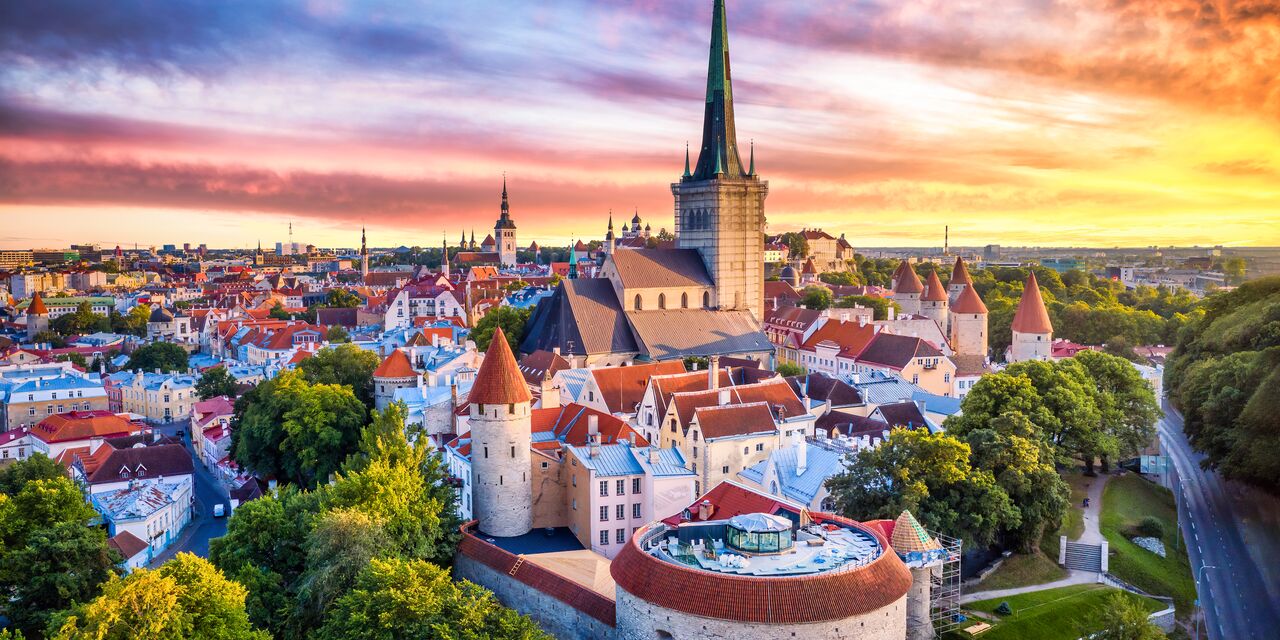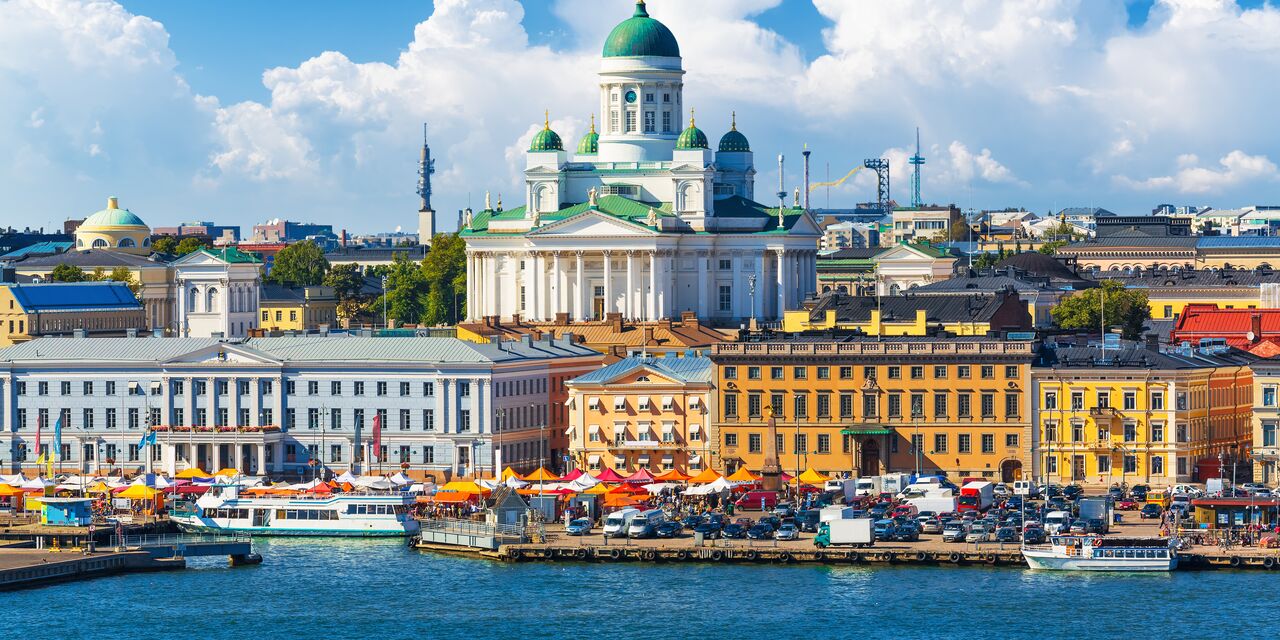A 21st-century makeover
The cast iron bridge is 43 metres long and 3.7 metres wide, rising 3 metres above the Liffey. Not a huge bridge by any stretch of the imagination, but nevertheless one greatly loved by locals. However, people weren’t always this enamoured with their Ha’penny Bridge. In the 1950s, ugly advertising was plastered across it and in the 1980s, the bridge’s wooden planks were asphalted and unsightly cast iron light pillars were added to both sides of the bridge as a ‘decoration’. And as if that wasn’t bad enough, for a while the bridge was even bathed in blue light. Fortunately things changed in 2001 after a study showed that the bridge was used by 27,000 pedestrians a day. In 1816, pre-industrial Dublin boasted a population of only 200,000 people. Built to only handle 450 people a day, the 200-year-old foundations of the bridge had not been designed for that kind of load. The city council was mainly concerned about preserving its historical heritage and the safety of bridge users. Something had to be done. The bridge closed and was gradually restored over the course of 9 months. A team of experts in Belfast carefully repaired more than 1000 components of the bridge and also restored it to the original white colour. All in all, 85% of the original materials were preserved and only a few weight bearing parts had to be replaced. More space was created at each end of the bridge to allow pedestrians enough room to wait for passing traffic.
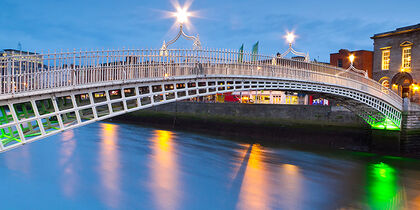
The ultimate Dublin experience
Until the inauguration of the nearby Millennium Bridge in 2000, the Ha'penny Bridge was the only pedestrian bridge over the Liffey. Even today, Ha'penny still holds a special place in the heart of Dubliners. Many people go there just to enjoy the view over the river. On both sides you can clearly observe the combination of the old and new Dublin. And if the wind blows in the right direction, the wafting scent of the Guinness brewery completes this Dublin experience.

